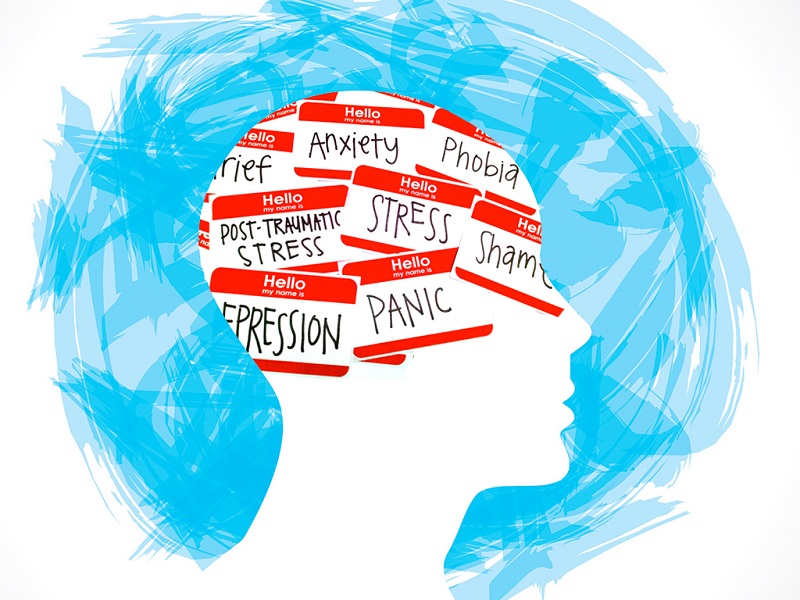A policy regarding mental health was adopted back in 1997 in Nepal, however, the implementation is lacking. There are numerous problems in building local-level mental health care systems in Nepal. Overburdening of health workers, lack of psychotropic medicines, mental health supervision, and lack of a coordinating body in the Ministry of Health and Population all serve as major obstacles.
A 2015 study, ‘
Mental health care in Nepal: current situation and challenges for the development of a district mental health care plan’, identifies how mental health services in Nepal are only concentrated in the big cities, with 0.22 psychiatrists and 0.06 psychologists per 100,000 population. Although mental health illnesses can be effectively treated at an affordable cost, fewer people have access to such care by medical professionals and stigma surrounding mental health issues further prevents the patient from seeking professional help. According to WHO, effective treatment coverage of mental health illnesses remains extremely low.
According to the
World Health Organization (WHO), Nepal, in 2012, ranked 7th in the world for the highest suicide rate, with 24.9 suicides per 100000 people. The official recording of death by suicide started only a decade ago in Nepal. In the past, as there was no system for recording the data the causes behind the deaths of Nepali people were unknown. However, recent trends show that suicide is a serious problem in current-day Nepal. On the matter, Dr. Ashish Dutta, Superintendent of Nepal Police says,“ Suicide is completely preventable, but we are still losing lives because of it, preventing suicide is the need of the hour, it is important to identify the commonly affected age groups. We need clinical intervention.”

